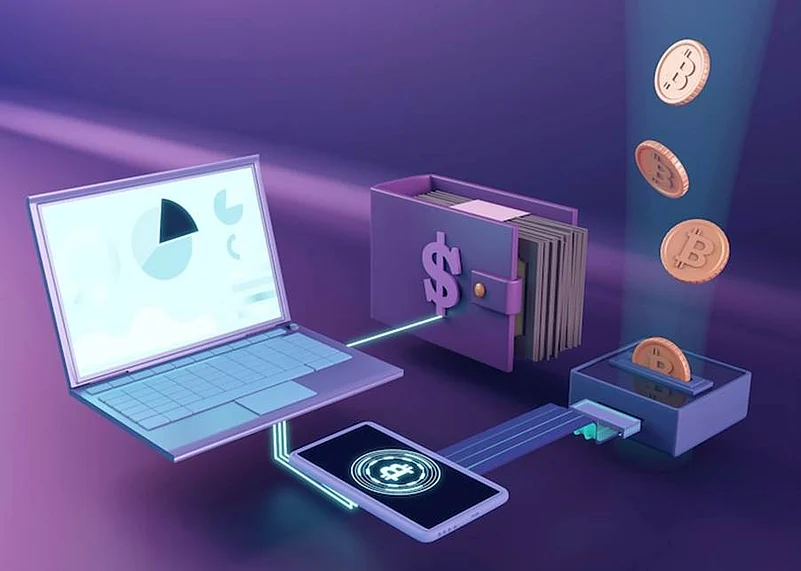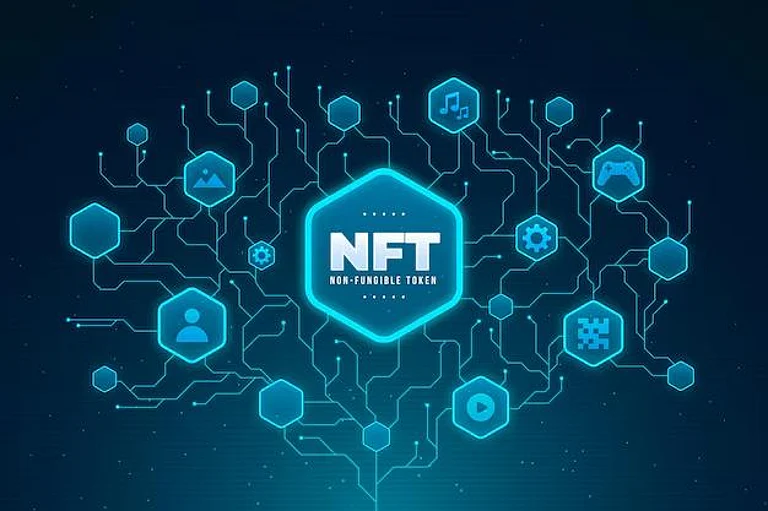The rise of the creator economy has been a major turning point for how people earn a living, connect, and build communities in the digital age. Propelled by social platforms, solo tools, and worldwide audiences, creators are no longer just entertainers now—they are entrepreneurs, educators, artists, and leaders who shape cultural discourse. But as the creator economy bursts forth, legacy platforms are generally restrictive: high commissions, lack of transparency, and centralized control of content and revenue.
Enter blockchain and cryptocurrency—a new era of digital tools providing creators with more ownership, direct revenue, and global reach. As decentralized technologies gain mainstream momentum, they are starting to reshape the way content is shared, valued, and monetized. This article discusses how crypto is remaking the creator economy, empowering creators with more freedom and financial clout.
Redefining Ownership with Blockchain
One of the most radical things that crypto brings to the creator economy is ownership in the digital space. Creators have long shared their work on platforms that typically maintained rights to the use, distribution, and monetization of the work. Blockchain breaks this mold by enabling one to prove ownership, authenticity, and origin with transparent digital books of account.
This enables a creator to add an unbreakable proof of ownership to whatever digital art, music, writing, or video they produce on the blockchain. This isn't a file—it's a certificate of authenticity that can't be copied or altered. When anything digital can be copied at whim, this provides creators with a powerful tool to stake and claim their intellectual property.
Decentralized Monetization: Receiving Money Without Middlemen
Old-school creator platforms—be they video-sharing sites or social media sites—usually charge a large fee from a creator's revenue. With cryptocurrency, creators can bypass intermediaries via smart contracts and peer-to-peer payment systems. These enable creators to dictate their own terms under which they gain, whether that is through subscription, donation, or one-off purchase.
For example, an artist can upload a song and be paid immediately electronically by a fan anywhere in the world without needing a payment system to mediate the payment. Not only does this make payments easier, but creators keep more of what they earn.
Tokens and Community Building
Another way in which crypto is empowering artists is by the use of social tokens or creator tokens. These are specialized digital tokens issued by creators to represent their brand, community, or access to high-quality content. Fan-held tokens may grant them special rights, such as early release access, voting on creative direction, or access to private chat and events.
This model intensifies creators' relationship with their audience, transforming passive fans into active stakeholders. It also introduces a new kind of engagement where the token value can appreciate together with the creator's popularity, ushering in communal wealth.
NFTs: More Than Just Hype
Non-fungible tokens (NFTs) are probably the most widely known crypto utility for the creator economy. There is real value underlying the headlines and hype. NFTs allow creatives to tokenize output and sell direct to fans. More significantly, NFTs can be established with royalties, and the artist is rewarded a percentage automatically on each resale of the token. This is a portal to repeat, long-term income—a first for mass-market creative industries.
Whatever form it takes—whether a virtual art piece, a limited-run video, or a collectible sound episode—NFTs unlock new methods of monetizing while maintaining that all-important unique-and-traceable status of work.
Global Reach, Local Impact
Crypto's decentralization also solves one of the largest issues in the creator economy: cross-border payments. Creators often have trouble getting paid by foreign clients or platforms due to fees, lag, and currency exchange issues. Cryptocurrency eliminates many of those obstacles by offering instant, low-cost global transactions.
This is especially effective for creatives in countries that have limited access to global finance networks. They can now enter a global digital economy with their smartphone and internet and get paid for what they can do without the need for traditional banking.
Challenges and Considerations
While the potential of crypto in the creator economy is seductive, one must keep an eye on pitfalls. Cryptocurrency volatility, bad mass education, and tech headaches can lock adoption. Moreover, not every platform that claims to empower creators with crypto is transparent or equitable in design.
All the creators who wish to venture into these tools will have to spend time learning the basics, exercise caution to prevent risks, and choose proper platforms that suit them the best and align with their values.
Conclusion: A Creator-First Future
The creator economy is entering a bold new age—a time when control, value, and ownership drift away from platforms to individual creators. At its core is the use of cryptocurrency and blockchain technology, which allows people to retake control of their own creative efforts.
It's not a fleeting trend; it's the beginning of a free, open, and more equitable digital world. To creative individuals who wish to be creative and free, crypto provides the portal to the realm of infinite possibilities. And while the path may require learning and adjusting, the promise of greater freedom and equity is well worth the effort.

























